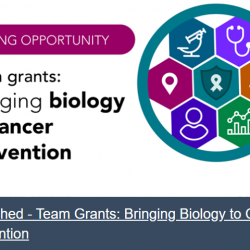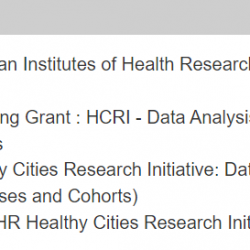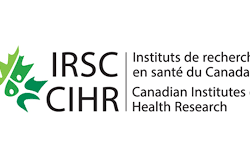Government of Canada invests in research to strengthen pandemic preparedness and response
Read how CanPath, Canada’s largest health research study is ready to respond News release September 23, 2025 – Ottawa, Ontario – Canadian Institutes of Health Research “As we begin respiratory infectious diseases season, the Government of Canada is investing in critical research infrastructure to ensure that public health and immunization programs are as effective as they can be in protecting the health of Canadians and that Canada is ready for future pandemics and public health emergencies. Today, the Honourable Marjorie Michel, Minister of Health, announced an investment of nearly $20 million through the CIHR Centre for Research on Pandemic Preparedness and Health Emergencies and partners to support seven research platforms that unite researchers from all across the country to maintain Canada’s pandemic readiness, improve surveillance systems, and support evidence-based decision-making. These platforms will strengthen Canada’s capacity to detect, monitor, and respond to emerging infectious diseases, while addressing the social, behavioural, and health system challenges that arise during pandemics and other health emergencies. Broadly, the research teams will: These investments support the Government of Canada’s ongoing efforts to strengthen pandemic preparedness and protect the health of Canadians and the international community.” Quotes “The COVID-19 pandemic taught us the importance of being ready for the unexpected. These research investments will strengthen innovative science and collaboration across the country—helping Canada be better equipped to respond quickly and effectively to future public health emergencies.” —The Honourable Marjorie Michel, Minister of Health “These initiatives reflect the best of Canadian research, with a focus on real-world impact. Our scientists continue to provide the important evidence and maintain the research infrastructure that all Canadians rely on to prevent, prepare for, and respond to future health emergencies.” — Dr. Paul Hébert, President, Canadian Institutes of Health Research Quick facts






